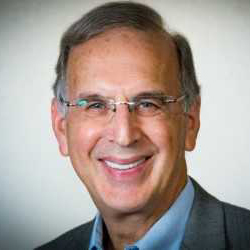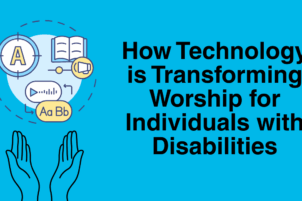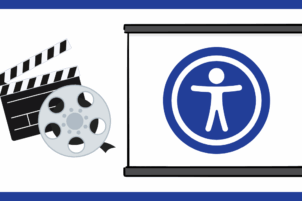14 September 2018/5 Tishrei 5779 – Years ago, I delivered a Yom Kippur sermon called “Healthy, Wealthy and Wise,” in which I challenged synagogues to pay more attention to those in our midst who were “none of the above.” I was pleased that, on the heels of my talk, many families in our congregation who were affected by disability came forward, willing to share with me why they identified so strongly with the sermon. This was good; why should people dealing with disabilities feel the need to hide their personal struggle or that of someone in their family?
It is precisely because our institutions tend to privilege the “abled” that we make people with disabilities feel invisible. Even if they do not experience outright exclusion due to lack of accessibility, many feel shunned when they do show up. Staying invisible may just be easier — but it doesn’t lessen the sense that the Jewish community is a private club catering to those who are indeed, “healthy, wealthy and wise.”
The most radical and wise teaching in the entire Torah emerges from Genesis 1:27: that every human being is made in the image of God. This phrase should serve as a guide for our behavior with other human beings. The default behavior of human beings is to judge others based on how similar or different they are from us. The more different, the less likely we really see them as “images of the Divine.”
We turn many categories of people from this holy image into “the other” based on age, gender, sexual preference, race, religion, ethnic/national loyalties and political ideology. Many of us would most likely respond compassionately to an encounter with a person with a disability. Yet treating such a person as an equal or insuring that our institutions make every possible accommodation to allow for their full inclusion, is well beyond our standard modus operandi.
While Classical Judaism’s thinking in earlier generations may not fully reflect the most enlightened understanding of our time, there is one disability-related insight where Judaism was centuries ahead — and still well beyond the way many of us behave today.
Jewish tradition prescribes a blessing upon meeting different people: a king; a wise person; a Torah scholar. The prayer prescribed upon meeting a person with a disability is: Praised are You, Creator of the Universe, who makes people different, one from the other.” This bracha’s inherent insight is that each of us is “differently-abled.” One person plays piano while another is skilled with computers. We each have our different abilities and gifts.
I suspect that discomfort with people with disabilities may have to do with our fear of being in that situation one day. One might imagine that this would make us more compassionate. But denial may be an even more powerful emotion triggered by a circumstance that we are not prepared to confront. If we take to heart the Jewish teachings that every person is made in the image of God and that we are simply “differently-abled,” we might be better able to open up our hearts and our institutions to a wider swath of humanity.
We’d all be better for it.
G’mar chatima tova! Wishing you an easy fast!
The above is an excerpt from Rabbi Schwarz’s earlier article in HuffPost, “A Jewish Approach to the Differently-Abled” (02/27/14, Updated 12/6/17).
Rabbi Sid Schwarz is a senior fellow at Hazon, the Jewish lab for sustainability. He directs Kenissa: Communities of Meaning Network and the Clergy Leadership Incubator, a two-year fellowship for rabbis on visionary leadership. He is the founding rabbi of Adat Shalom Reconstructionist Congregation in Bethesda, MD where he continues to lead services and teach. Dr. Schwarz holds a Ph.D. in Jewish history and is the author of Jewish Megatrends (2013); Judaism and Justice (2006); and Finding a Spiritual Home (2000).
In our weekly Shabbat Smiles, RespectAbility welcomes a wide spectrum of voices. The views expressed in each Shabbat Smile are those of the guest contributor.
The Shabbat Smile is curated and edited by Debbie Fink, RespectAbility’s Director of Community Outreach and Impact and Vivian Bass, RespectAbility Executive Committee Board Member.








